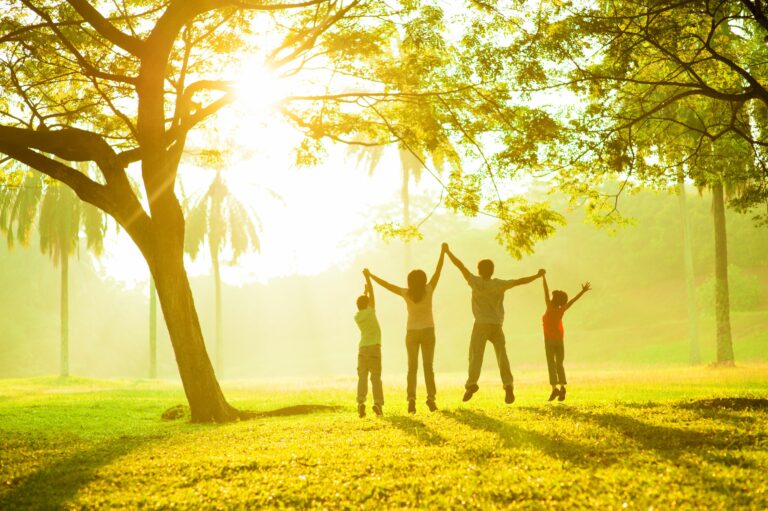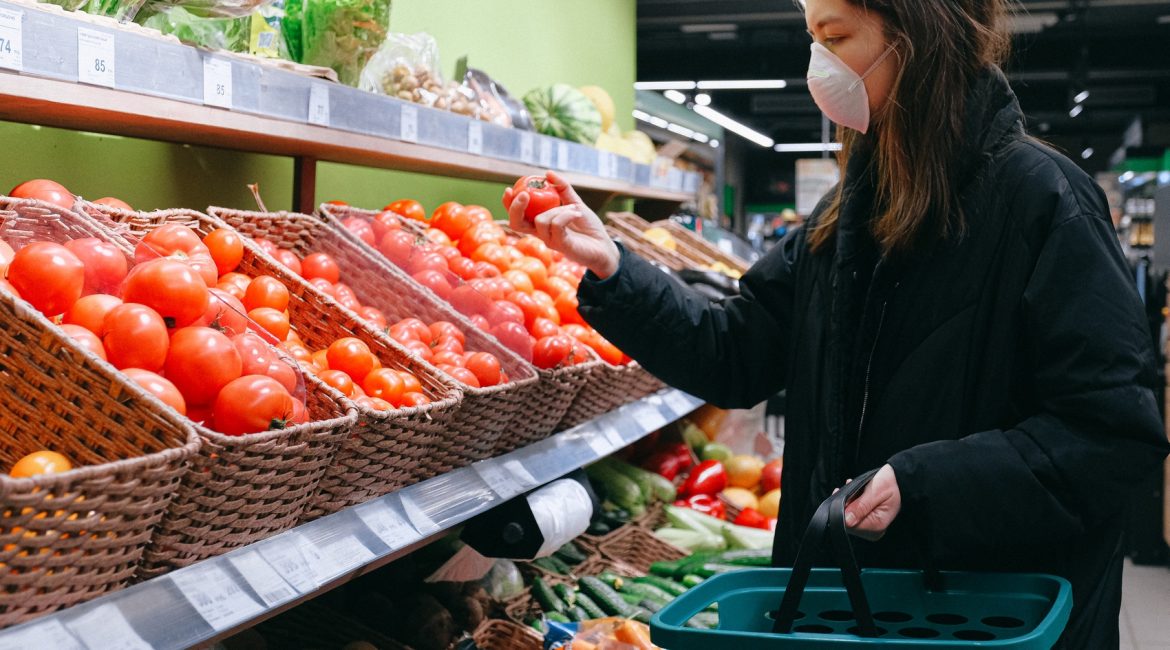COVID-19 has disrupted daily life and business on an unprecedented scale, from local distribution centers to the highest levels of international trade. The food and beverage industry is not immune to these disruptions, but ensuring steady, safe access to a diverse range of food and beverages has never been more important.
In a recent statement, the Directors General of the World Health Organization, Food and Agricultural Organization and the World Trade Organization encouraged the world to “show solidarity, act responsibly and adhere to our common goal of enhancing food security, food safety and nutrition and improving the general welfare of people around the world.” And companies across the food and beverage industry are rallying to this call to help those most affected.
Below are just some of the actions that members of the International Food and Beverage Alliance have taken to protect public health and the wellbeing of their employees, and to ensure that communities hit hardest have the resources they need.
Finding solutions to provide essential health equipment
Innovation meets capacity.
Mondelēz International has repurposed its 3D chocolate-making technology to print plastic bands for medical visors, to produce thousands of visors for frontline medical workers through a partnership with company 3P.
The Coca-Cola Company is using its supply chain and logistics capabilities to facilitate the donation and transport of PET plastic sheeting to create thousands of medical shields for healthcare workers.
Unilever is contributing supply chain and engineering expertise to manufacture ventilators through the UK Ventilator Challenge.
Grupo Bimbo will put $70 million pesos ($2.9 million USD) towards strengthening health services and the construction of a temporary Covid-19 center in Mexico City, with 854 additional beds for patients requiring oxygen therapy.
Serving communities in need
The need is both global and acutely local.
PepsiCo will donate $45 million to hard-hit communities in more than 40 countries to provide protective equipment to healthcare workers, support testing and screening services, and provide 50 million meals. One of the largest initiatives will see 20 million meals delivered to out-of-school children in the United States.
Through the Coca-Cola Foundation, $13.5 million in grants have been made available to five nonprofits in the US and Canada to help first responders and communities face the humanitarian challenge of the pandemic. This follows $2 million in grants towards nonprofits in China and Italy.
Donating €1.5 million in food ($1.64 million), Kellogg’s will work with its charities to distribute 15 million food servings to food banks in seven European countries. Worldwide, more than $10 million in food and funds will go to covid-19 relief through the Kellogg’s Better Days platform. And Kellogg’s $100,000 donation to United Way of the Battle Creek and Kalamazoo Region is just one example of the donations going directly to communities around the globe.
Through the Mondelēz International Foundation and local brand initiatives, $15 million in financial and in-kind donations will go towards food security and relief in communities around the world.
General Mills announced plans to manufacture $5 million worth of products to be donated to Feeding America, which runs a network of 200 food banks. The company also launched a paid community service program for employees to work for food-related charities in their communities.
McDonald’s will donate $3.1 million in food to support local communities, equivalent to nearly 3 million pounds of food, as well as $1million to the Illinois Covid-19 response fund (USA).
Unilever’s €100 million of contributions ($109 million) includes a €50 million product donation of soap, sanitizer and bleach to the World Economic Forum Covid Action Platform. Additional funding will go towards partnering with NGOs and health authorities to support local communities and to modifying its operations to produce hand sanitizer for schools and hospitals.
And Danone has donated millions of dollars and products to communities worldwide, from hospitals in Malaysia to food banks in North America where the company operates.
Global partnerships to deliver aid
Covid-19 isn’t constrained by borders – and neither is goodwill.
Mars will provide $20 million of cash and in-kind donations to support the most vulnerable. This includes $5 million towards CARE’s support of women, refugees, and children in the developing world, $2 million to the UN World Food Program, and $1 million for the Humane Society International to help shelter abandoned pets.
Nestlé will partner with the International Federation of the Red Cross and Red Crescent Societies, donating CHF 10 million to IFRC for direct use in hard hit areas, donating food, products, and bottled water towards relief efforts, and organizing spare logistics capacity to support IFRC’s work in different countries.
Showing appreciation for frontline workers
For the millions of people who go to work everyday to keep the rest of us safe.
The Coca-Cola Company has joined New Yorkers in a daily ritual to thank frontline workers. Running since April 14 th , every day at 7pm in Times Square a 40-second clip shows Cocoa-Cola’s employees expressing their gratitude for healthcare workers and emergency responders.
On April 21, McDonald’s announced it would be serving free ‘Thank You Meals’ to healthcare workers, police officers, and firefighters through May 5 th in appreciation of their selfless service.
Grupo Bimbo delivered 2.5 million lunch boxes to health care workers at public hospitals across Mexico.
And the Ferrero Group has been taking care of its employees, consumers and communities by making in kind donations of medical supplies such as gloves, masks and hand sanitizers, while spreading a little happiness all over the world by donating more than 550 000 kilos of product to medical staff, children and persons in need.
Supporting small business and recovery plans
Companies are working to protect the supply chain today and tomorrow.
Unilever has dedicated €500 million of cash relief ($564 million) to help businesses protect jobs throughout the company’s supply chain.
Grupo Bimbo launched support for small businesses, providing them with 1 million cloth masks to help boost preventive health measures, and is developing incentive plans to help keep businesses operational.
Looking towards the recovery phase, Danone joined European leaders in calling for green investment focusing on climate change and biodiversity to restart growth.
Protecting the health and wellbeing of workers
In addition to health and safety protocols to protect essential employees at work, companies are increasing benefits to help employees through this period of uncertainty.
Nestlé has guaranteed 12 weeks of regular pay in the case of closures, boosted salaries of frontline employees, provided additional paid leave for those impacted by the virus, and expanded benefits for health, child, and mental health care.
PepsiCo has provided its 90,000 US-based workers 12 weeks of protected pay in case of closures, free testing, expanded paid sick leave, childcare and family care to ensure the health of its employees and their families.
General Mills is offering employees working at manufacturing plants enhanced benefits including daily-bonuses, additional paid leave to cover family, health and work situations, and consultations to address childcare concerns.
Promoting health (indoors)
Staying inside doesn’t mean healthy habits have to be put on hold.
Ferrero is keeping kids active with indoor activities through its Kinder Joy of Movement initiative. Or exercise with Grupo Bimbo’s live virtual classes.

